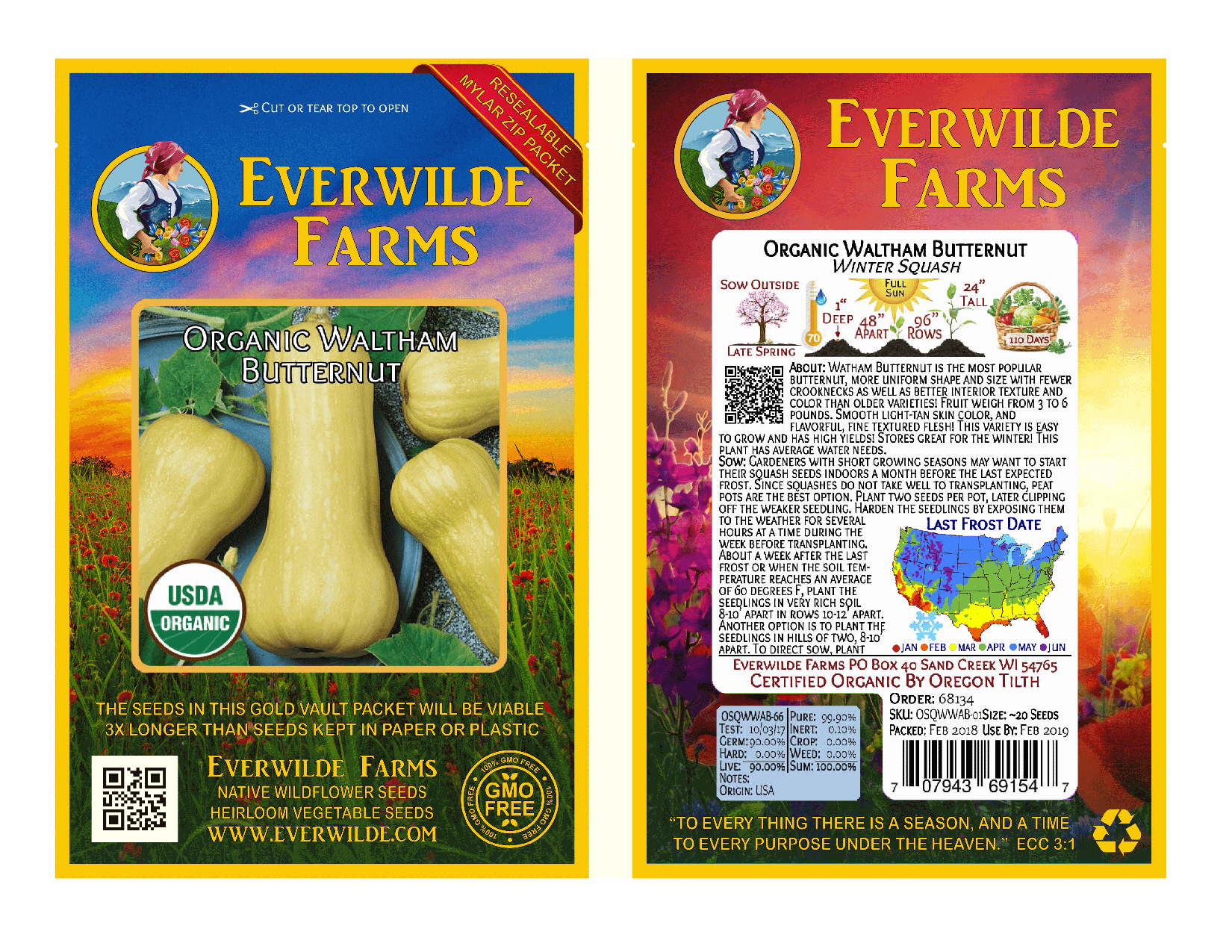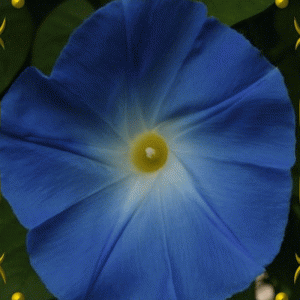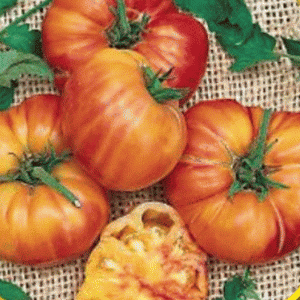Is anything more exciting than choosing the seeds for your garden? There are so many wonderful varieties to choose from, and the photos and descriptions make each one seem better than the last. But sometimes it can be challenging to figure out what all the different technical terms mean. Do you want open-pollinated or heirloom? Treated or untreated? What is pelleted seed? And what is the safe seed pledge?
First, let’s explain the term “Cultivar”. This is what we commonly refer to as the variety name. A cultivar can be hybrid or open-pollinated. For example, the cultivar name Heavenly Blue is a specific variety of morning glory. Each cultivar has specific traits and characteristics that make it unique.![]()
GMO is a term we’ve likely all heard before. It stands for Genetically Modified Organism. Today we use that term to mean any type of genetically engineered seed that has had its DNA altered by human intervention. This includes crops that are genetically altered to resist herbicides, like “Roundup Ready” corn and soybeans. No genetically engineered seeds are being sold to consumers at Everwilde Farms.
Open Pollinated (“OP”) varieties are the result of natural pollination, such as wind and insects. When you save seed from an OP cultivar, it will grow the same plant with the same traits. Home gardeners who want to save seeds should keep in mind that some OP varieties (especially squash and pumpkins) can end up “cross-pollinating” when insects or the wind move pollen from one variety to another. This can cause the plant to produce seed that will grow a hybrid, leading to some interesting surprises the next year!
What exactly is a hybrid? A hybrid (or F-1) cultivar is created when a breeder chooses two varieties and purposely cross-pollinates them. The goal is to produce a seed that combines the best attributes from the parent plants. Usually, breeders try to combine traits to increase disease resistance, better nutrition content, a different color or earlier ripening. F-1 seeds are usually more expensive since the two pure ‘parent plants’ must be maintained and grown each year to create the hybrid cultivar. Hybrid seeds can grow some amazing flowers and vegetables, but they aren’t a good choice for the grower who wants to save seed. F-1 hybrids produce seed that won’t grow into the same cultivar when planted.
Heirloom seeds are OP varieties that have been grown for at least 50 years. Just like any other Open Pollinated variety, heirloom seeds can be saved and used for next year’s garden. Many gardeners love the idea of using tried-and-true varieties that have been passed down through generations. Here at Everwilde Farms we only sell heirloom vegetable seeds that have stood the test of time.
What makes a vegetable or herb seed Organic? For a seed packet to say “Certified Organic”, it must have been grown in a field that has not had chemicals used on it for at least 3 years. Also, the entire growing operation must be approved and regularly inspected by a USDA accredited certifier. No synthetic pesticides or fertilizers may be used. Everwilde carries a full line of Certified Organic vegetable and herb seeds.![]()
Some seeds are so tiny that planting them would be a challenge! These seeds are often “pelleted” or encased in clay or another natural material. This makes the seed large enough to handle and plant easily. Lettuce, carrots, and onions and commonly pelleted.
Seeds that are labeled as “treated” are usually coated with a fungicide. This is more common for commercial seed that farmers will use since they want to protect the seed from pathogens found in cold or wet soil. Companies that sell to home growers will specify if any of the seed they sell is treated. Currently, any seed labeled as Organic must be untreated.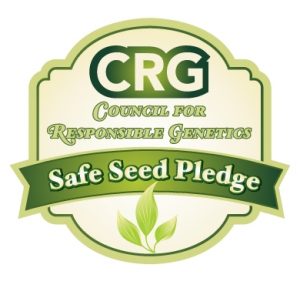
On the home page of Everwilde Farms, you may have noticed the badge that says “Safe Seed Pledge“. This was begun in the mid-’90s when genetically engineered seeds were being introduced. All signers of this pledge must promise not to buy or sell genetically modified seeds.
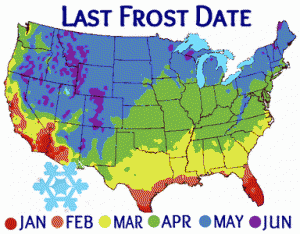
Last Frost Date
Packets often show a last frost date map. Use the map to find the last likely date for a killing frost in your location.
Everwilde Farms also has a handy QR code on the back of each packet. Scan this for more great planting info.
We hope this information will make it easier for you to navigate the terms on your seed packets or in your catalogs! Happy gardening!

